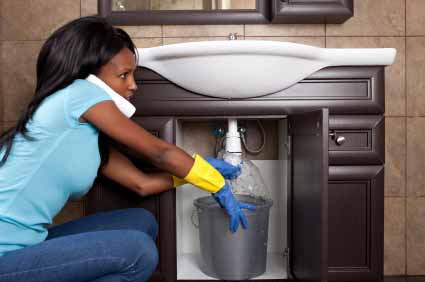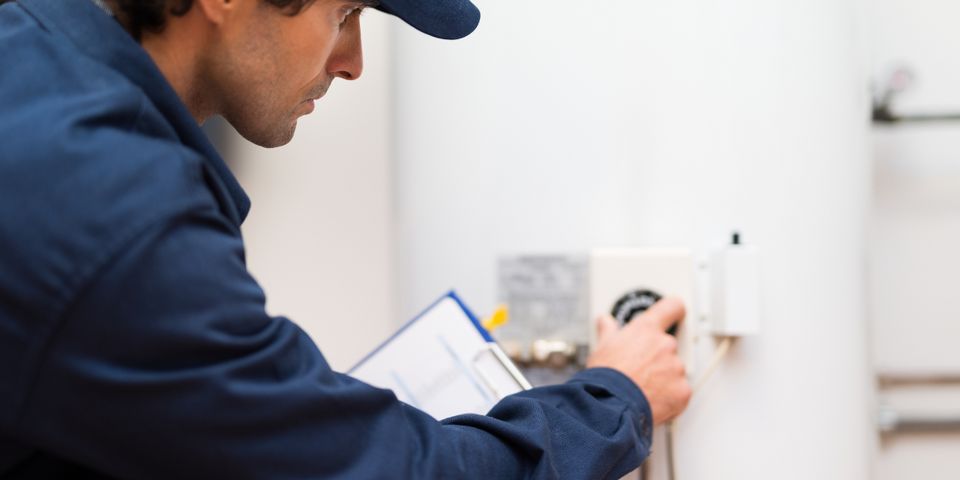Handling the Most Prevalent Heater Urgent Issues
Handling the Most Prevalent Heater Urgent Issues
Blog Article
Nearly everybody is bound to have their unique theory involving Warning Signs You Need Water Heater Repairs.

A hot water heater is one of the most essential basic devices that can be discovered in a house. With hot water heater, you do not need to go through the anxiety of heating water by hand every time there is a requirement to wash, wash, or the dishes. Nevertheless, there is always an opportunity that your hot water heater would break down similar to most mechanical devices.
It is very important to note any little malfunction and tackle it promptly before points get out of hand. Most times, your hot water heater starts to malfunction when there is an accumulation of sediments as a result of continuous use. As a safety measure, periodic flushing of your hot water heater is advised to stop sediment build-up and also avoid practical failure.
Common water heater emergencies and how to handle them
Leaky water heater storage tank.
A leaking storage tank could be a sign of corrosion. It might create damage to the flooring, wall surface and electrical devices around it. You might also go to threat of having your apartment flooded. In this situation, you must switch off your hot water heater, permit it to cool, and also carefully search for the resource of the issue. At times, all you need to do is to tighten up a couple of screws or pipeline connections in cases of small leaks. However if this doesn't work as well as the leak lingers, you might require to employ the services of a specialist for a proper substitute.
Rising and fall water temperature level.
Your water heater could start creating water of various temperature levels generally ice scalding or cold hot. There might be a requirement to change either the thermostat or the home heating unit of your water heating system.
Too little hot water
Dealing with an insufficient supply of hot water can be aggravating. It may be that the water heater can't support the warm water need for your home. To manage this trouble, you might attempt to adjust your heating system's temperature level dial as well as wait for a couple of mins. You can ask for the aid of an expert plumber if the issue persists. Additionally, you could update your water heater to one with a bigger capacity.
Blemished or stinky water
When this occurs, you need to understand if the problem is from the storage tank or the water resource. If there is no amusing scent when you run cool water, after that you are particular that it is your water heater that is faulty. The stinky water can be caused by rust or the accumulation of germs or sediments in the water heating unit tank.
Conclusion
Some homeowners disregard little caution and also minor faults in their water heater system. This only causes additional damage and a feasible total malfunction of your appliance. You need to take care of your water heater mistakes as quickly as they come near prevent more costs and unneeded emergency troubles.
With water heating units, you don't require to go through the anxiety of heating water by hand every time there is a need to take a bath, do the washing, or the recipes. Your water heater might begin generating water of different temperatures typically ice chilly or hot hot. It may be that the water heating unit can not sustain the warm water need for your home. If there is no amusing scent when you run cold water, then you are certain that it is your water heater that is faulty. The stinky water can be caused by rust or the buildup of microorganisms or debris in the water heater container.
Common Water Heater Issues and What You Should Do
What Type of Water Heater Do You Have?
Before we begin it’s first important that you identify the type of water heater you have on your property. There are two main types of water heaters out there: conventional and high efficiency.
Both of these types of products typically use either gas or electricity to heat power. There are also solar water heaters that use a thermal collector on the roof or yard to heat the water.
While these models are not as common, they can cut heating costs in half. In this article, we will focus on conventional and high efficiency.
How Do My Electric and Gas Water Heater Work?
Though they look similar, electric and gas water heaters work very differently. It’s important to know their basic function because often problems can be specific to the heating source.
In the electric model, a thermostat on the side of the machine detects the temperature of the water in the tank. When the temperature needs to rise electricity flows to a heating element suspended in the water.
Gas models also use a thermostat device — typically with a mercury sensor at the tip and an additional sensor called a thermocouple. The thermocouple detects whether the pilot light is on and controls the flow of gas.
When the thermostat drops below the appropriate level gas is released which becomes ignited by the pilot light. The flame heats the bottom of the water tank which causes hot water to rise and cold water to drop.
This natural circulation continues until the water reaches the desired temperature. Then, the thermostat triggers the gas control valve to shut off the flow of gas.
What Are the Most Common Issues and How Do You Fix Them?
https://happyhiller.com/blog/common-water-heater-issues-and-what-you-should-do/

Do you really like reading about Is Your Water Heater Leaking?? Make feedback further down. We will be glad to listen to your thoughts about this blog posting. We hope that you come back again in the near future. Be sure to take the time to distribute this blog if you liked it. Thanks a lot for taking the time to read it.
Book With Us Today! Report this page